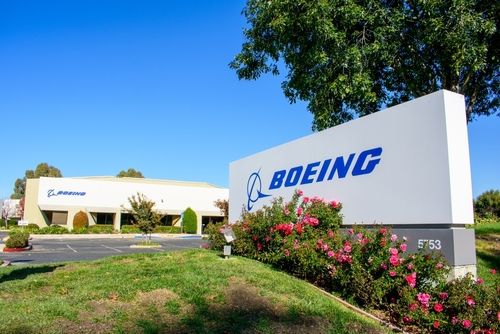Boeing Co., established in 1916, grew from its original avatar as Pacific Aero Products Co into a global leader in aerospace and defense technology. With an impressive offering of commercial jets, military aircraft, weapons systems, strategic defense and intelligence systems, along with support services and financing, Boeing holds strong against its primary competitor, Airbus SE. Through targeted acquisitions, Boeing consistently expanded its operative scale.
Influential among its acquisitions was that of McDonnell Douglas, a significant player in aerospace, commercial and military avionics, and defense electronics. In 1997, Boeing absorbed McDonnell Douglas whose commercial aircraft business had been dwindling, albeit the company was still a potent force in military aircraft manufacture. The merger consolidated Boeing's capacity against Airbus, even as it brought a transformation in the company's engineering focus.
In December 1996, Boeing assimilated Rockwell International's aerospace and defense units, gradually rechristened Boeing North American. Rockwell was divesting assets to concentrate on high-growth sectors like manufacturing automation, semiconductors, and automotive. The purchase enhanced the portfolio of Boeing as it ventured deeper into missile manufacturing, sensor technology, space shuttles, and more.
Boeing's acquisition of Hughes Electronics Corp's space and communications businesses in 2000 saw it surge into the world's largest commercial communications satellite producer. The deal led to product diversification that propelled the firm's growth prospects in information and communication products.
Aviall's acquisition by Boeing in 2006 brought about a major contribution to Boeing's aftermarket service portfolio. Aviall came with an impressive lineup of new aviation parts and associated aftermarket services, thus strengthening Boeing's depth in the domain.
Lastly, KLX's acquisition in 2018 fortified Boeing's position in the globally competitive $2.8 trillion aerospace service market. With this deal, Boeing was offered both higher profits due to larger margins in the aircraft services business as well as an ability to provide substantial discounts to airlines.
The targeted and strategic acquisition spree thus reflects as an integral part of Boeing's growth strategy, allowing the aerospace giant to expand its capabilities constantly and cater to diverse customer requirements.

